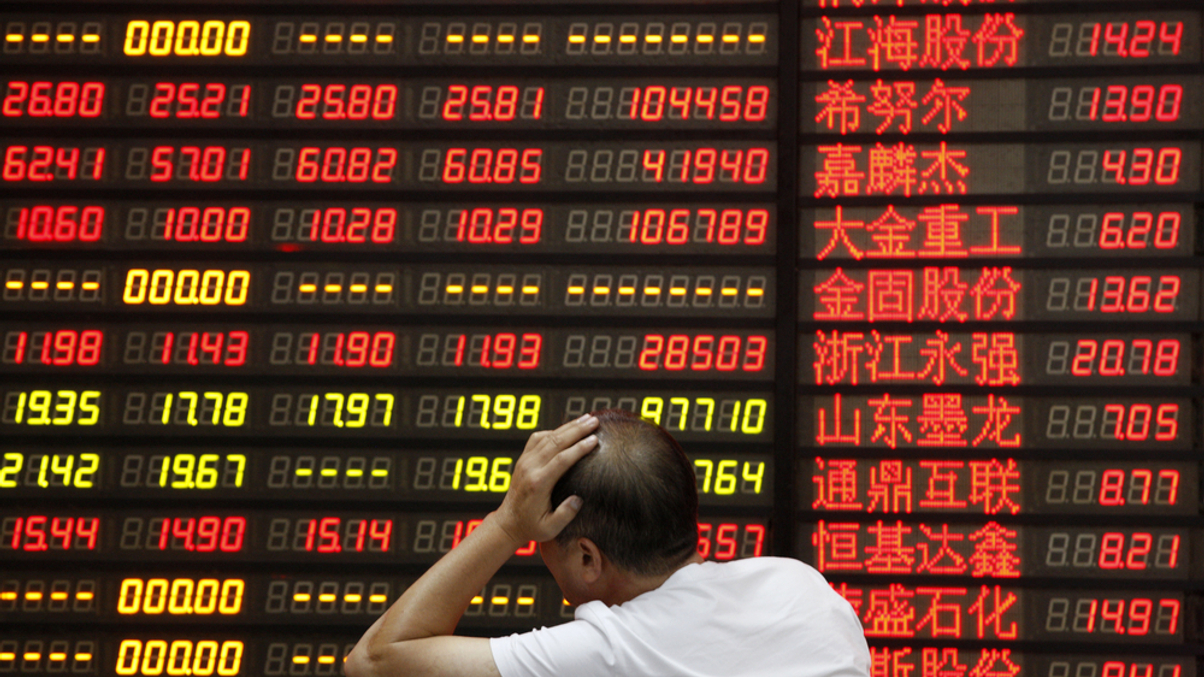Market Views: Have Chinese equities reached the bottom and set for a comeback?
The worst might be over, but we are not at the end of the tunnel just yet. Are we seeing a bumpy road upward? Wait until it’s about fundamental changes rather than a sentimental bounce, fund managers say.

Recent Chinese equities trading, both onshore and offshore, could look very sentimental – it plummeted dramatically in the week of October 24 right after the Communist Party of China unveiled its new seven-strong core leadership group, but then rallied off the cheap valuations fueled by rumours that Covid restrictions might ease.
Sign in to read on!
Registered users get 2 free articles in 30 days.
Subscribers have full unlimited access to AsianInvestor
Not signed up? New users get 2 free articles per month, plus a 7-day unlimited free trial.
¬ Haymarket Media Limited. All rights reserved.


